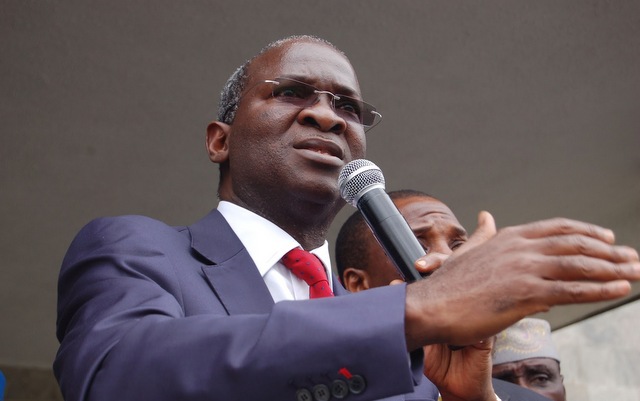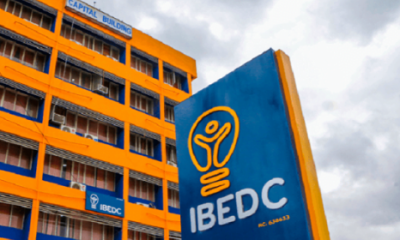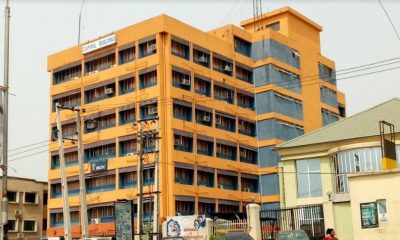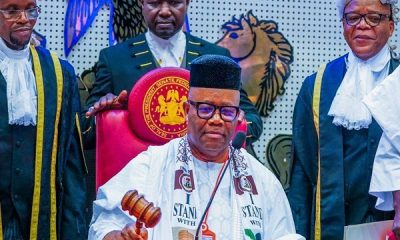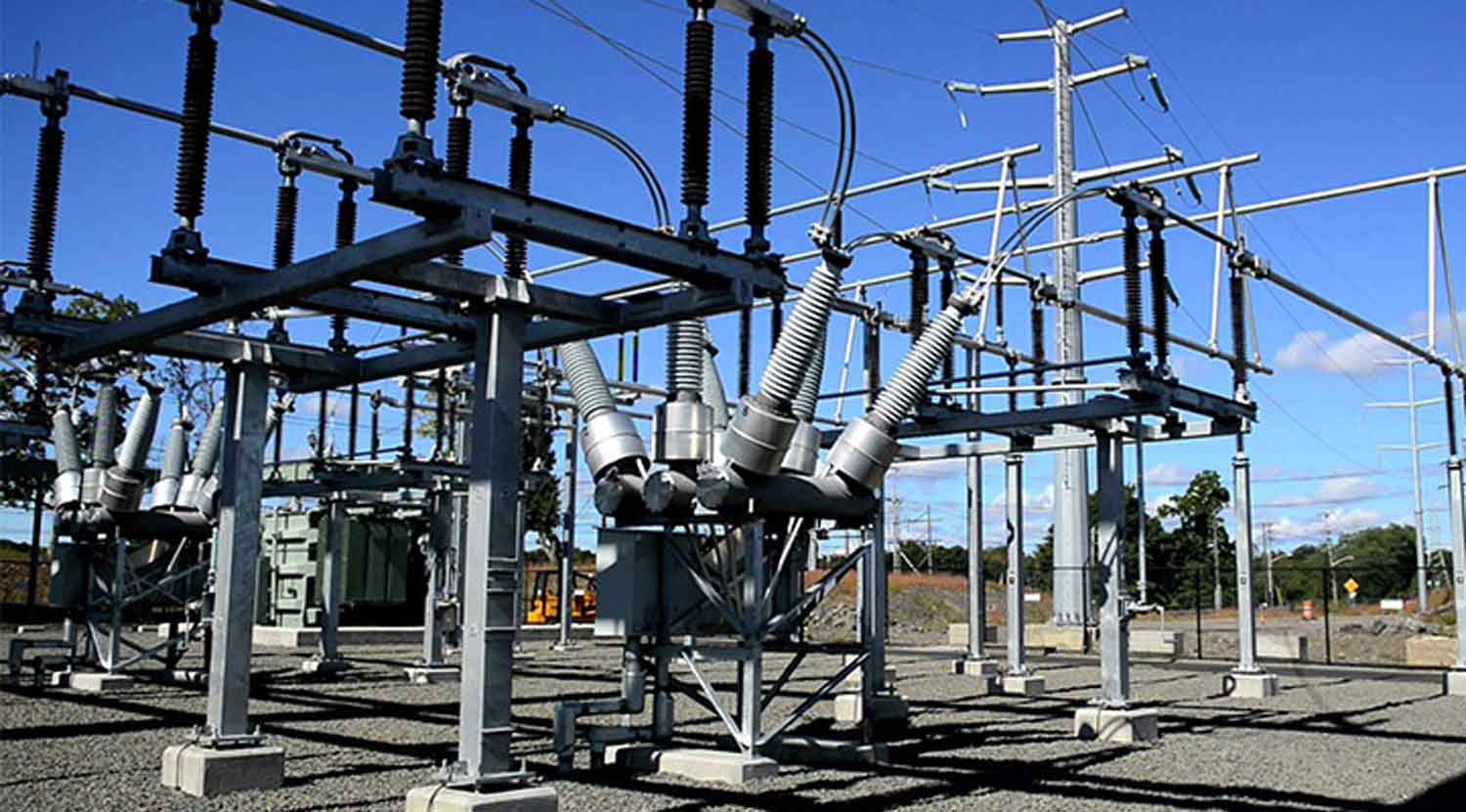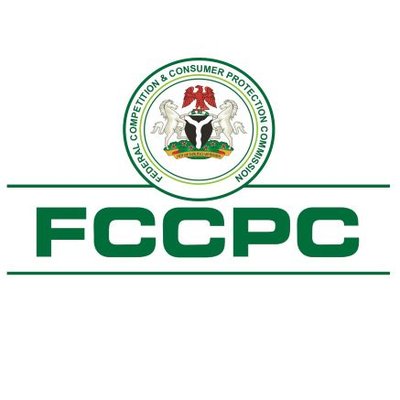…3 million gap exists
By DANLAMI BATURE
THERE are strong indications that the estimated billing by the Electricity Distribution Companies (DISCOS) would continue with the attendant impoverishment of the citizens, National Daily investigations have shown.
Further investigations showed that the DISCOS have at least three million meters gap to close for which they have not shown any serious efforts despite existence of local manufacturers.
The situation is expected to get worse as the new tariff which is subject of controversy and litigations eventually come into operation.
Figures seen by National Daily show for instance, that the Abuja, Ibadan, Eko, Ikeja, Jos and Kano Discos- six out of the eleven Discos operating in the country – have planned to install just about 906,666 meters in the next one year, leaving a deficit of 2,093,334 meters.
However, data from the Presidential Taskforce on Power, showed that an estimated six million registered electricity consumers exist in Nigeria, but half of them are not metered and remain on estimated billing, a practice described by many consumers as very exploitative.
ALSO SEE: Abuja Disco raises alarm on vandalisation of power equipment
As a result of this, the Nigerian Electricity Regulatory Commission (NERC) announced in November 2015 that all electricity consumers who paid for meters under the Cash Advance Payment for Metering Initiative (CAPMI) but were not metered two weeks in excess of the stipulated period of 45-days, would be exempted from further payment of bills.
Although many Discos have unveiled plans to get their customers metered and phase out estimated billing which many call a ‘fraud’, such plans have fallen short of the actual demand on ground.
For instance, the Eko Disco says it has invested over N55 billion in the procurement of smart meters and maximum demand meters, in order to eliminate estimated billing within its network in the next two years.
The company says it plans to install 150,000 meters by the end of 2016 and will procure 40,000 units within this first quarter. But it has an order for the manufacture of another 100,000 units by an indigenous manufacturing company.
National Daily findings also show that the Ibadan Electricity Distribution Company (IBEDC) has developed a 10-year metering plan, spanning through 2015 to 2024, with a projected total investment of N47.18 billion.
This metering plan by IBEDC, according to a source is expected to have 80 percent of its customers metered by the end of 2018, as “over 300,000 customers would be metered annually, beginning from 2016 to 2024.”
Furthermore, the Abuja Electricity Distribution Company (AEDC) says that it started the distribution of 500,000 pre-paid meters to its customers in January 2016 as part of a five year project that will end in 2021.
AEDC is expected to distribute between 100,000 and 120,000 smart pre-paid meters every year, until all the meters are distributed to customers.
The Ikeja Electricity Distribution Company (IKEDC) said it commenced the installation of 500,000 electricity pre-paid meters to customers in December 2015, with a projection to end estimated billing in the next three years or in 2018, which is an average of 166,666 meters per annum.
On November 20, 2015, the Kano Electricity Distribution Company (KEDCO), disclosed it had procured 100,000 smart meters for distribution across Kano, Katsina and Jigawa states, to stem the tide of estimated billing.
A statement issued by its spokesman, Mohammed Kandi, said the effort was part of the firm’s plans to roll out at least 500,000 meters to its customers within five years, the installation of which the company began in January 2016.
ALSO SEE: Eko DISCO explains worsening power outage in Lagos
On its part, the Jos Electricity Distribution Company (JEDC) said it would install about 70, 000 meters and had invested over N210 million in information communication technology (ICT) to curb inefficiency in its billing system.
From the consumer enumeration carried out during the exercise, the company said it discovered it had about 400, 000 customers, as against the 274, 000 initially indicated during the privatisation process.
Yet, these efforts represent only a fraction of what needs to be done to achieve total metering of electricity consumers across the country. But consumers are the worst for it

 Entertainment1 week ago
Entertainment1 week ago
 Business1 week ago
Business1 week ago
 Health1 week ago
Health1 week ago
 Business1 week ago
Business1 week ago
 Latest1 week ago
Latest1 week ago
 Entertainment1 week ago
Entertainment1 week ago
 Football1 week ago
Football1 week ago
 Entertainment5 days ago
Entertainment5 days ago
